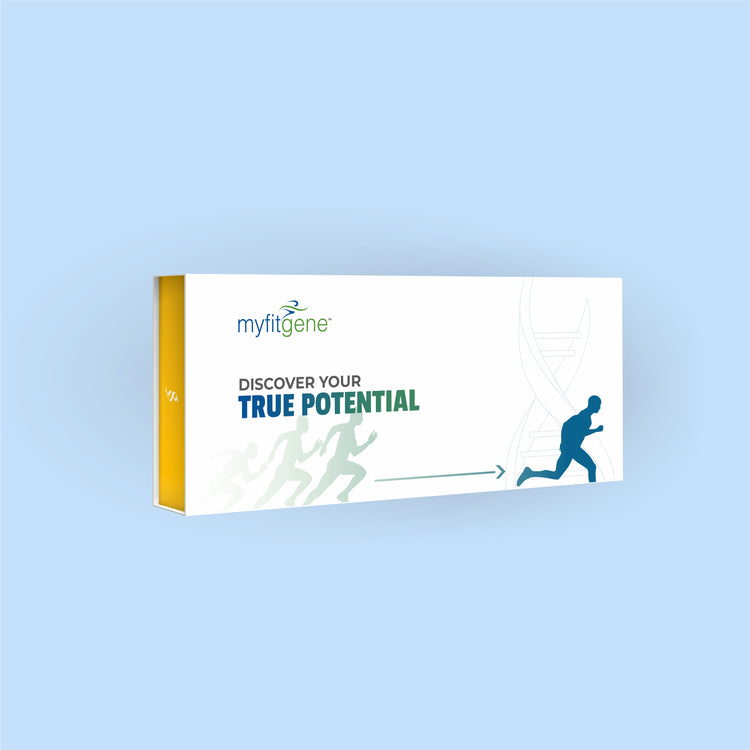Vitamin B2
Vitamin B2 Guide
Vitamin B2, also known as riboflavin, is a water-soluble vitamin that plays a crucial role in energy metabolism, antioxidant defense, and cellular growth and repair. From supporting healthy skin and vision to promoting red blood cell production and enzyme function, vitamin B2 is essential for overall health and vitality. Understanding the impact of genetic variants on vitamin B2 metabolism, recognizing signs of deficiency or excess, exploring dietary and supplemental sources, and interesting facts about this vital nutrient can help individuals optimize their vitamin B2 intake and support their health goals.
Impact of Gene Variant
Genetic variations can influence the metabolism and utilization of vitamin B2 in the body. Certain genes involved in riboflavin absorption, transport, and activation may exhibit variations that affect individual requirements for vitamin B2. For example, variations in genes encoding riboflavin transporters or flavokinase enzymes may impact the body‘s ability to absorb, transport, and phosphorylate riboflavin effectively. Additionally, genetic polymorphisms in genes related to riboflavin metabolism pathways, such as riboflavin kinase (RFK) and flavin adenine dinucleotide (FAD) synthetase, may influence the conversion of riboflavin into its active coenzyme forms, flavin mononucleotide (FMN) and FAD, which are required for numerous enzymatic reactions in the body.
Ways to Recognize Problems
Recognizing signs of vitamin B2 deficiency or excess is essential for identifying potential health issues and addressing nutritional imbalances. Common symptoms of vitamin B2 deficiency (riboflavin deficiency) may include:
-
Oral Health Issues: Cracks or sores at the corners of the mouth (angular cheilitis), inflammation of the tongue (glossitis), and sore throat may occur due to riboflavin deficiency.
-
Skin Disorders: Dermatological manifestations of riboflavin deficiency may include dry, flaky skin, cracked lips (cheilitis), and seborrheic dermatitis.
